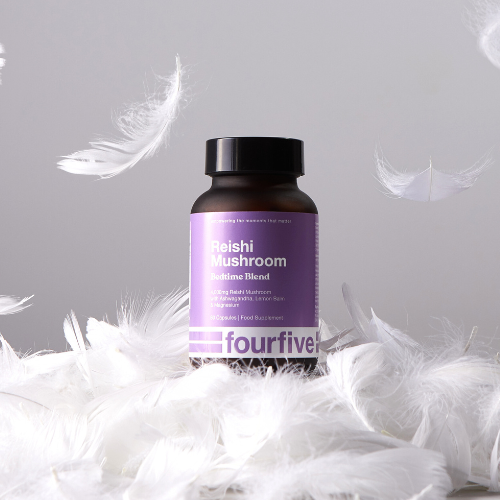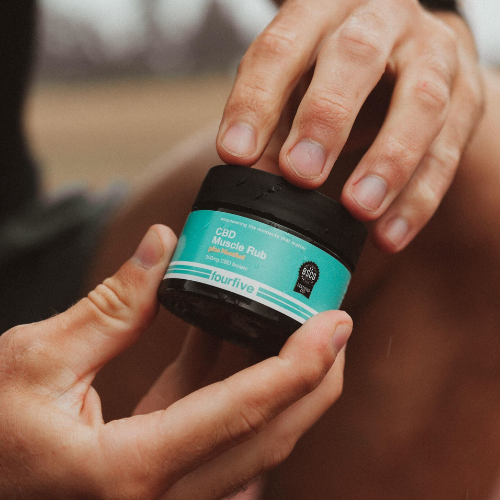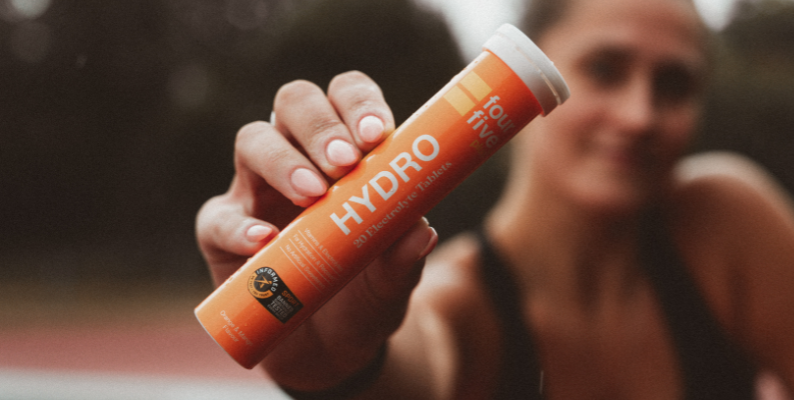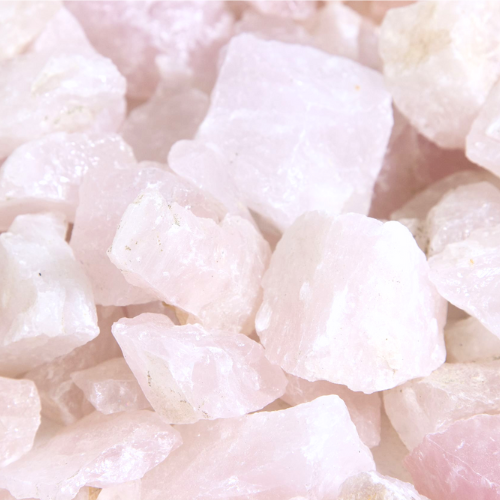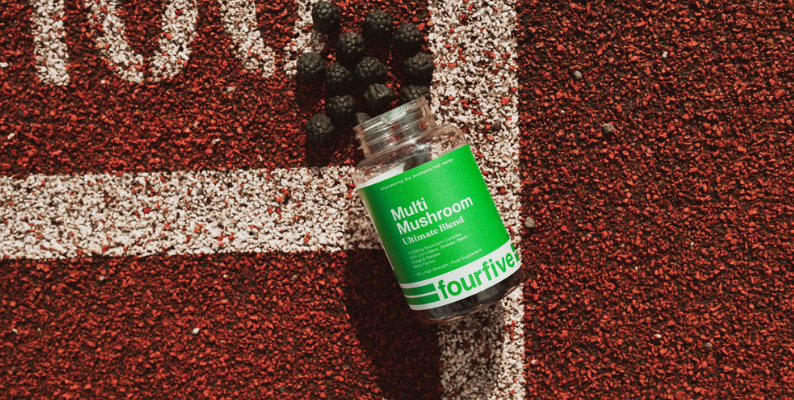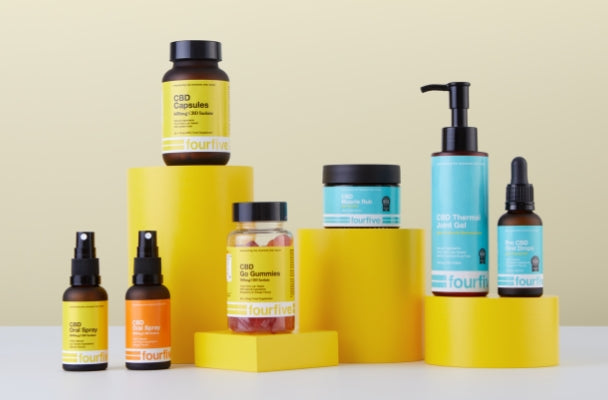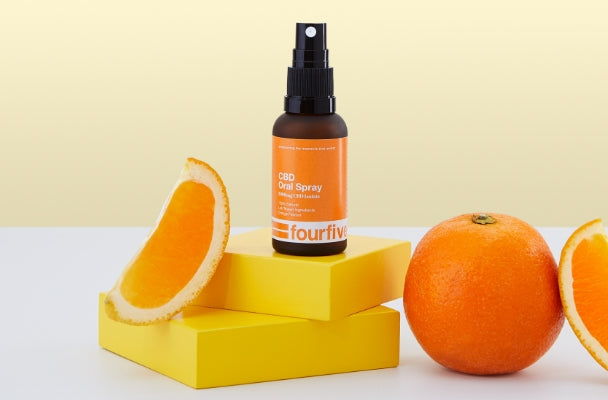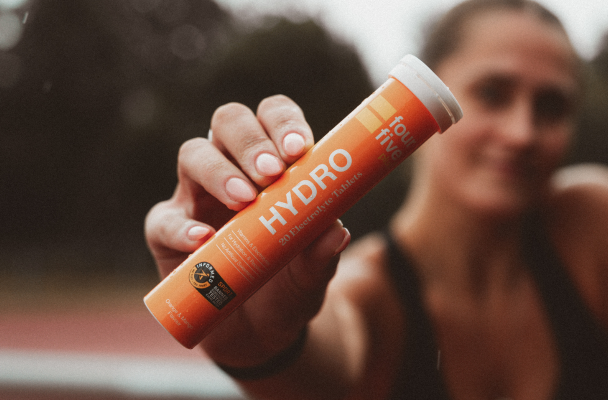When your skin becomes dry, irritable or burnt from the sun, you may often go searching for ways to improve it. However, making sure you get enough vitamins can keep your skin looking healthy and youthful, as well as help any skin conditions you may have.
Vitamin supplements can help support your body and immune system to ensure they get the boost they need to help keep every part of your body functioning and healthy – including your skin.
So, which vitamins are best for your skin?
Taking Vitamin D For Your Skin
Otherwise known as the ‘sunshine vitamin’, vitamin D is often made when sunlight is absorbed by your skin. It plays an important role in skin protection and rejuvenation. The liver and kidneys transport vitamin D around the body to help produce healthy cells, including the skin where vitamin D plays a vital role in skin tones.
Vitamin D Benefits For The Skin
- Vitamin D has a role in the process of cell division which includes growth and repair.
- In the skin cells divide very quickly in order to maintain a protective barrier against infection. This could help fight against ache, psorisis, eczema and itchy skin.
Our bodies naturally make vitamin D in response to sun exposure, and it is possible to produce enough without overexposing yourself to the sun. Just being out in the sun on your daily errands is enough to produce an adequate amount of vitamin D.
However, if you’re living in a country where there’s little sun, or you can’t get out much because of your work, then you have the option of taking vitamin D supplements. Government advice says everyone should consider taking a supplement containing 10μg (no more than 100μg a day) of Vitamin D during the autumn and winter.
Our Vitamin D3 Capsules contain 30, 50μg (micrograms) tablets. Made from 100% natural ingredients and vegan friendly, our vitamin D3 supplements are perfect for those looking to add vitamin D to their daily skincare routine.
Taking Vitamin C For Your Skin
Vitamin C is usually found at high levels in the outer layer of the skin, known as the epidermis, as well as the inner layer of the skin, known as the dermis. Its antioxidant properties and role in collagen production help to keep the skin healthy.
Vitamin C enhances the effectiveness of sunscreen because of its ability to decrease cell damage and help in the healing process of wounds. Vitamin C can also help prevent ageing skin cells because of its important role in the body’s collagen synthesis.
Vitamin C Benefits For The skin
There are claims that vitamin C can help with body with prevention of dry, damaged skin as it aids in accelerating the production of collagen.
Vitamin C can be found in a lot of things including food, over the counter products and vitamin supplements. Because of this, it is usually rare to have a vitamin C deficiency. The recommended daily intake is 1,000mg and if you find that you’re not getting enough you can try eating more citrus fruits, drinking orange juice or skin treatments that include vitamin C.
You can also take vitamin C supplements. Our Vitamin C Capsules contain 60, 500mg (milligrams) tablets and are made from 100% natural ingredients, no preservatives or unnatural fillers and are packed full of bioactive ingredients with optimum bioavailability for optimum results.
Taking Vitamin E For Your Skin
Similarly to vitamin C, vitamin E is an antioxidant. By absorbing the harmful UV light from when sun is applied to the skin, vitamin E’s main function is to protect against sun damage. Therefore, it can help prevent the dark spots and wrinkles that come from overexposure to the sun.
The body produces vitamin E through sebum, but if you have a lack of sebum then you may find yourself with particularly dry skin. Taking vitamin E can help counteract the lack of sebum and therefore improve your dry skin.
Most adults need about 15mg of vitamin E per day and you can get this dosage by eating more nuts and seeds or taking a multivitamin or vitamin E supplement.
Taking Probiotics To Help Your Skin
Growing research suggests that probiotics and prebiotics help to get healthy microbes (organisms in your body such as bacteria) back into balance. Retaining this balance can help reduce skin conditions such as eczema, acne, dry skin and even wrinkles.
Our nutritionist Dr E. states that modern diets often contain high levels of alcohol, caffeine and sugar. Taking a daily supplement of probiotics can help replenish the body’s good bacteria that can be lost as a result of these lifestyle choices.
For those with eczema, it has been suggested that eczema symptoms may be treated by changing the mix of gut bacteria or by reducing inflammation in the gut. Probiotics are thought to help restore the natural balance of the bacteria in your gut, which is why people take probiotics to help eczema.
Our vegan-friendly LGG Biotic contains Lactobacillus Rhamnosus, the world’s number 1 clinically studied probiotic strain. Each capsule contains 20 billion live CFU (Colony Forming Units)* of this friendly bacteria, great for those turning to probiotics to help with the skin conditions mentioned above.
Take a look at our full range of vitamin supplements available at fourfive that can help provide your body with extra support to keep your hair at its best. For advice on Vitamin Dosage head to our article to understand further.


